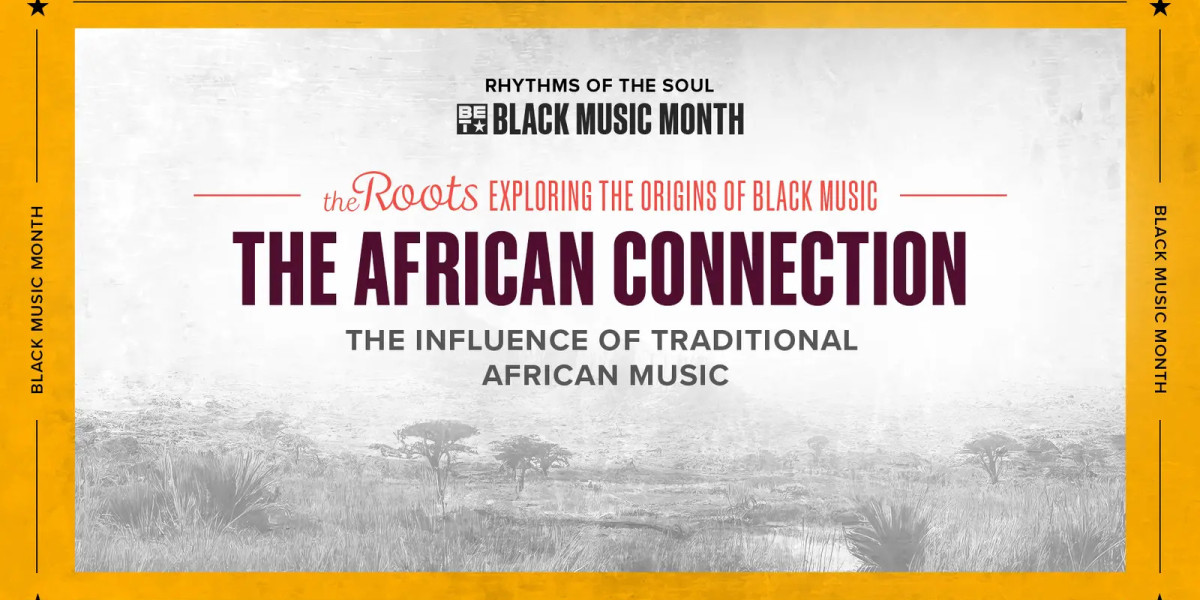From the rhythmic beats of drums to the melodic chants of singers, African music has captivated audiences for centuries. Those features are a unifying factor when discussing this particular cultural art form, but Africa is a large continent with various styles. We spoke with California Institute of The Arts World Music Performance Specialization co-directors Yeko Ladzekpo-Cole and Andrew Grueschow to focus more on the connection between the motherland and America. Speaking with both, they used Ghana and West Africa to provide a greater context of those music and dance traditions. According to Ladzekpo-Cole, the history of Ghana and its music is deeply intertwined with the migration patterns of its people. The ethnic groups residing in Ghana, as well as neighboring countries, share musical traditions that have been passed down through generations. Their music is associated with war and war deities, paying homage to gods such as the God of Lightning and Thunder, the Water God, and the Serpent God.
“The unifying nature of traditional African music is it’s not done for any random purpose,” explained Ladzekpo-Cole. “Even if it’s something that is a communal dance or music or a social style of music or music that deals with celebrations.” Some of this music is exclusive to specific members or associate members of a group, highlighting the significance of its cultural context. Even the celebration of harvest through music was a way to serve as a tribute to the abundance of nature and communal efforts to sustain a community. Traditional African music is deeply rooted in the celebrations and rituals that mark significant stages of life as well. Grueschow even mentioned music played during various rites of passage, such as women reaching childbearing age marked by their first menstrual cycle. The music carries unique cultural significance and varies according to individual experiences rather than a specific age range. Additionally, funerals are an integral part of African culture, viewed as transitioning to the original home beyond the physical body. Funeral music honors the belief in the continuation of the spirit and as a reminder of the temporary nature of human existence and the return of one’s ancestral home.
Music also had a distinct role within various African royal courts. For example, specific music is exclusively played for the royal court and its descendants in Ghana, such as the Ashanti Kingdom. Performed with drums, bells, shakers, and others, the music held historical and cultural significance for the ruling class as a symbol of authority and power. Regardless of the music’s purpose, one unique thing about traditional African music is that there was no formal instruction for music-making. “Everything is learned through sort of absorption and osmosis very much in the same way the Happy Birthday song is kept alive in our modern day culture,” Grueschow explained. “We don’t practice it and nobody teaches it to us but it’s just part of our tradition.” That also relates to dance, as it was just as important as the music. Ladzekpo-Cole mentioned that music is dance and dance is music because they go together hand-in-hand. “It’s that simple mentality where we strip away all the predisposed ideas of what being a singer or dancer is and toss that off to the side,” said Ladzekpo-Cole.
“We just understand the music and where it comes from and understand that rhythm is an every day occurrence when you’re walking down the street or in the kitchen cooking. The idea is that rhythm is all around us.” That heartbeat of Traditional African Music carries on to the present from nearly every genre of music and dance style popular today. Ladzekpo-Cole says today that Hip Hop, Jazz, Rock, Blues and even various Latin styles are modifications of the past. “Slaves during the trans-Atlantic slave period brought with them their life and they had to relocate and learn how to do what they knew but in a new surrounding and environment,” said Ladzekpo-Cole. “Some of that was met with discouragement, rules saying that it was primitive or unethical. So they had to, because of those restrictions and limitations had to adapt and modify.”








